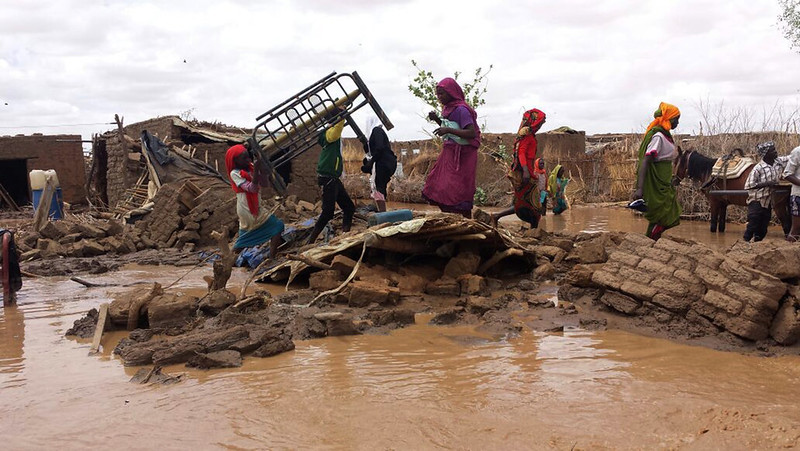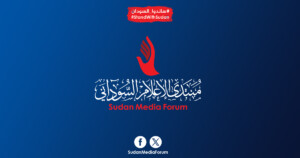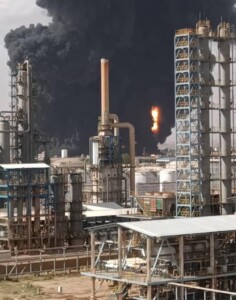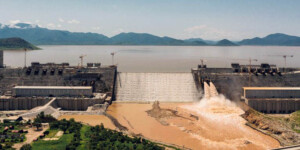Sudan floods and cholera devastate White Nile communities

Sudan’s annual rainy season often leads to flooding, creating conditions that facilitate the spread of waterborne diseases (File photo: Dar Al Salaam Development Association / UNAMID)
The humanitarian situation in White Nile state has rapidly deteriorated over the past week as floods and a cholera outbreak continue to wreak havoc. Thousands are displaced, homes have been destroyed, and the crisis is compounded by ongoing conflict around the Jebel Aulia reservoir.
Floodwaters from the White Nile have swept through large parts of the state, submerging roads and isolating entire communities. In El Gezira Aba, residents have been building makeshift dykes to protect their homes. Volunteer teams estimate that 15,000 houses across the region have been completely destroyed, while 16,600 families have been affected by the disaster.
“The water rushed violently into neighbourhoods, destroying homes and displacing thousands,” volunteer Abdallah Ishaq told Radio Dabanga. “The situation is catastrophic, and urgent action is needed to provide shelter, clean water, and temporary toilets for the displaced.”
Some 8,000 people are stranded in temporary camps or waiting for evacuation, with rescue operations relying on boats to reach those trapped.
Cholera
The flooding has led to a surge in cholera cases in El Gezira Aba. Local health authorities report 166 confirmed cases, including four deaths, as of yesterday. El Gezira Aba Hospital is struggling to cope, operating with only one doctor, no drinking water, and a severe shortage of medical supplies.
A health source from the hospital told Radio Dabanga: “We are overwhelmed. Patients are dying because we lack the resources to treat them properly. Urgent medical support is needed.”
‘Reservoir crisis’
The closure of gates at the Jebel Aulia reservoir, which controls water flow along the White Nile, has been identified as a major factor in the flooding. Fighting between the Sudanese Armed Forces and the paramilitary Rapid Support Forces (RSF) has made it impossible for technical teams to access the dam for maintenance and repairs.
The Communist Party of Sudan stated, “What is happening in the White Nile and Jebel Aulia reservoir amounts to war crimes,” explaining that the RSF sees the reservoir as a crossing to the White Nile’s West Bank, while the SAF bombs the Jebel Aulia Bridge as a military target.
The Emergency Lawyers Group has recommended that “the armed forces and rapid support form a joint committee to manage and operate the Jebel Aulia reservoir.” The group’s report also called on the international community to impose sanctions or diplomatic pressure if the warring parties continue targeting vital facilities.
The report outlined the devastating impact of the floods, noting that the destruction of homes, agricultural land, and access to clean water has left thousands in dire conditions. It called for immediate international assistance to rehabilitate damaged infrastructure and support those affected.











 and then
and then